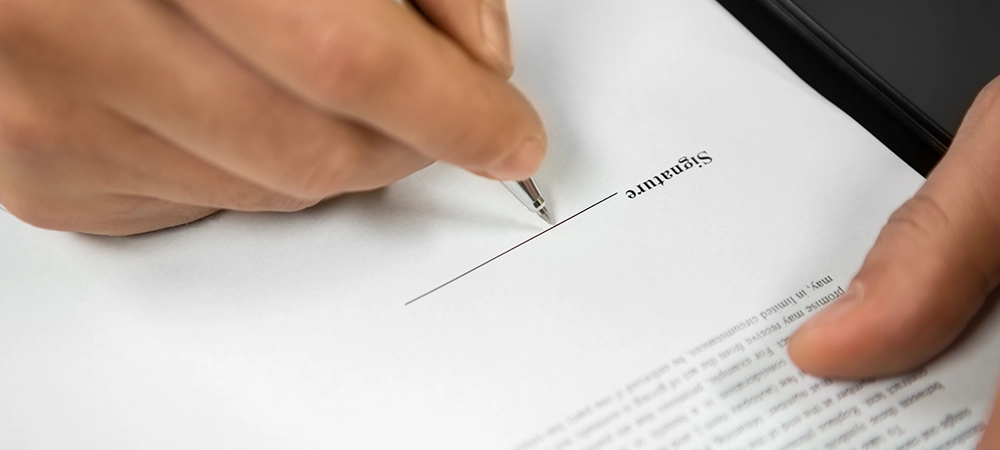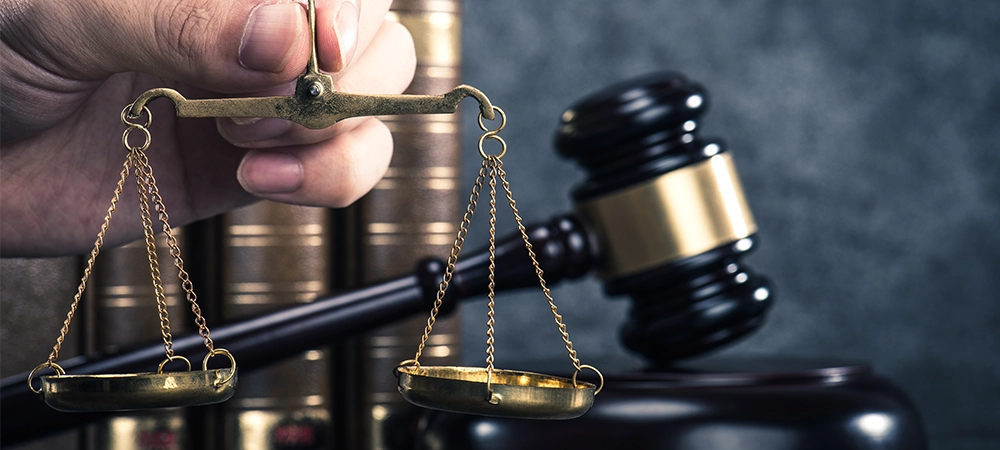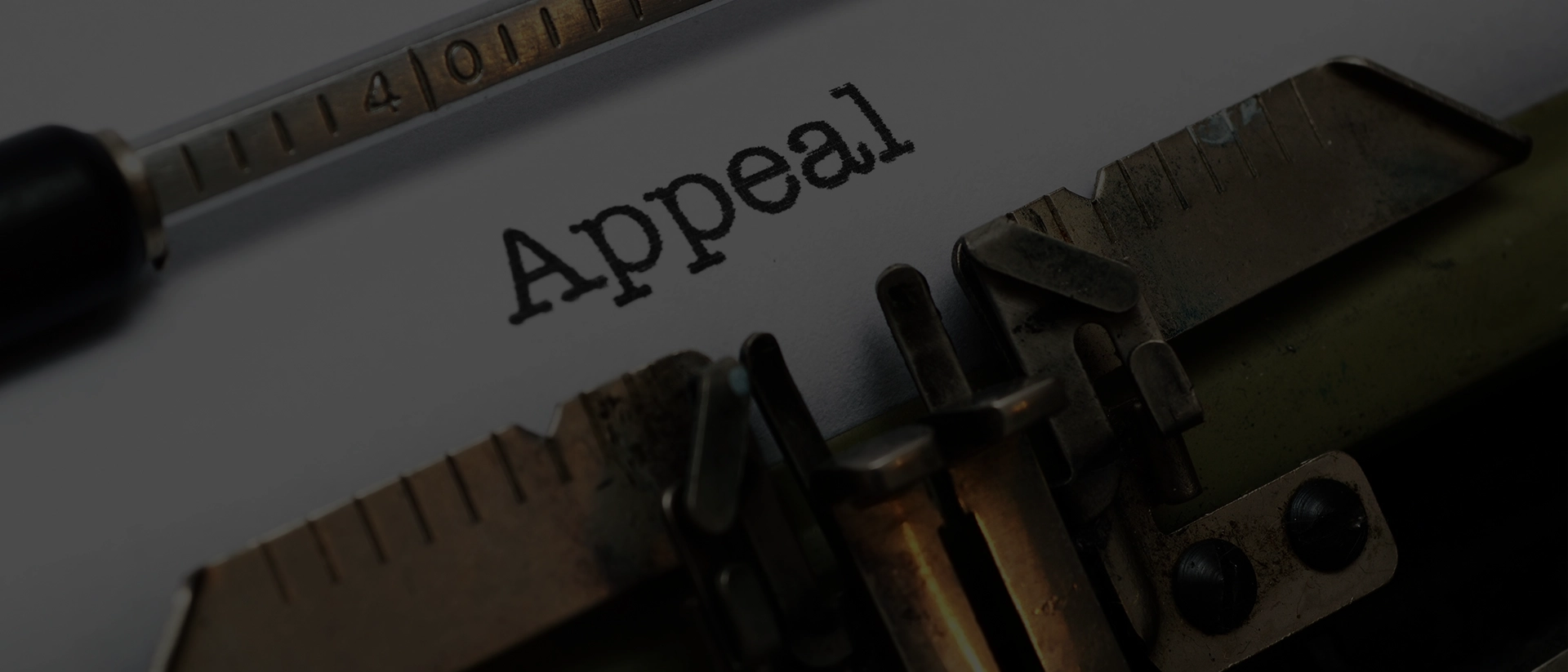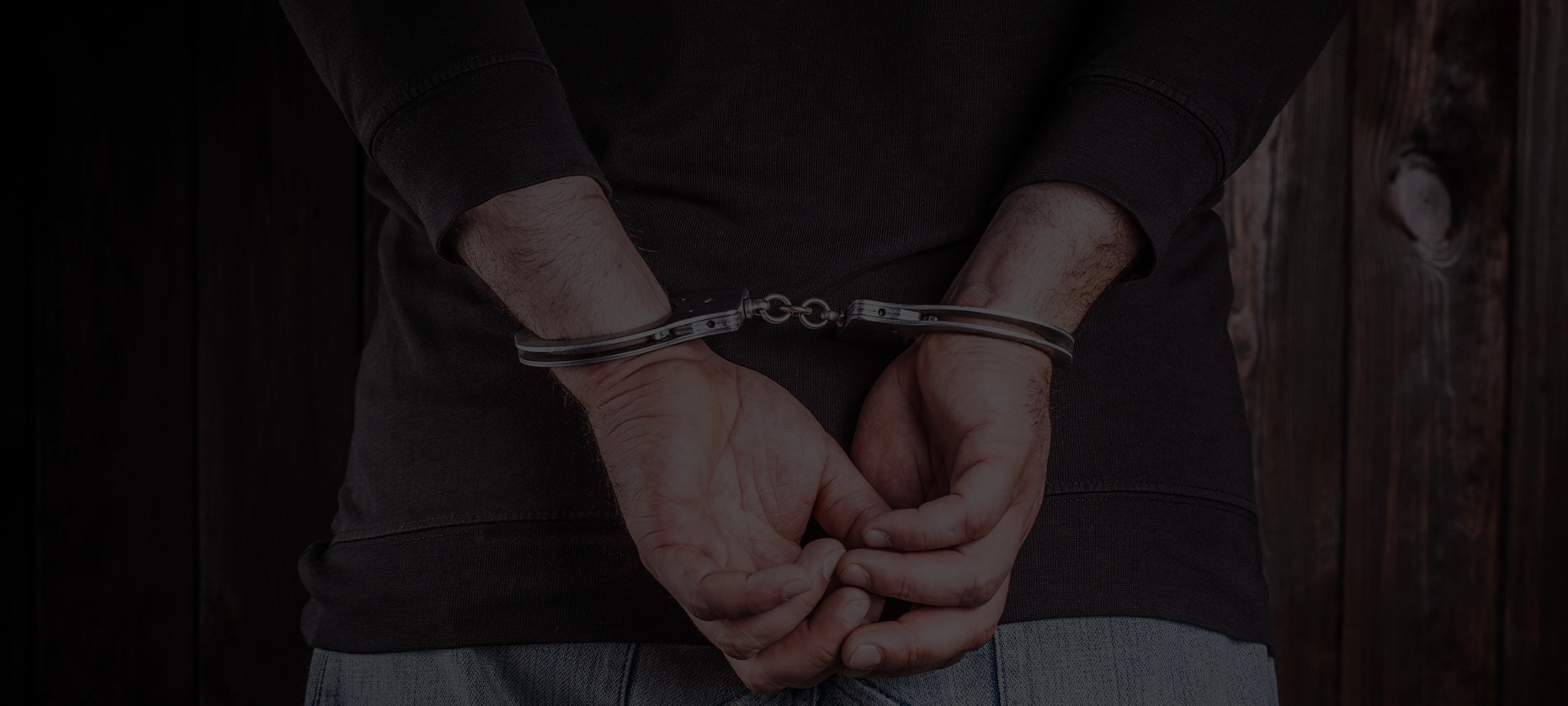Here we’ll walk you through the process so that you know how to get started. We’ll look at the basics of filing an appeal, on what grounds you can make an appeal and the documents you need. Read on to find out more!
Understanding the Basics of Filing an Appeal
An appeal is where you challenge a decision that was either made by a lower court or a tribunal. For any appeal case in Ottawa, the process will be governed by the Ontario Court of Appeal who will determine whether or not your case can be heard.
Before you proceed, it’s important to know that an appeal isn’t the same as a retrial. The only reason to bring about any appeal is if you believe there was some sort of error made in the trial which affected the outcome of the case.
There are many reasons why an error could have occurred such as missing evidence, misapplication of the law, and incorrect procedure, among others. To make a successful appeal, you’ll need to prove that such an error was made.
You can’t appeal purely on the basis of knowing you’re innocent unless you have evidence of an error.
Timeline for How to Appeal a Court Decision in Ottawa
When you want to appeal a criminal conviction in Ottawa, time is usually of the essence. There are usually strict deadlines for initiating an appeal and if you don’t meet these deadlines then it’s likely that your appeal will be automatically dismissed.
In most cases, you have 30 days from the date of the decision to file your appeal. Due to this, you want to act as soon as possible. Firstly, you’ll want to get legal advice to see if you should appeal and then make the application if your lawyer thinks you have a good chance of success.
Required Documents for Filing an Appeal
To kickstart the process you’ll need to submit your completed and accurate Notice of Appeal within the time limit. This serves as a formal notification to not only the Ontario Court of Appeal but also any other parties involved in the case.
For the appeal process Ottawa, you’ll need the following information:
Name and Contact Information – The simple part of the application is noting down your name and contact information. Along with this, you’ll need to note down the name of the respondents, who are usually the original opposing party from the first case.
The Decision Appealed – You’ll need all the details of the original trial. This will include the name of the court, the date the decision was given, and who the presiding judges were. All information should be double-checked to prevent delays.
Grounds for Appeal – Next you’ll need to detail the exact reason for your appeal. You’ll need to note the specific legal error that has been made and why their decision should be overturned. It’s always best to utilize the knowledge of a lawyer here.
Desired Outcome – There are several possible outcomes from an appeal, and you need to note your desired one. Often the outcome will be a new trial but there is also the prospect of the sentence being changed, or an acquittal.
Filing Fee – Once you have signed and dated the application, you’ll need to pay the filing fee. This fee will depend on various factors such as the nature of your appeal and the outcome you’re looking for. These fees are non-refundable, regardless of the outcome.

Different Grounds for Appeal
As we mentioned, there are only specific grounds on which you can make an appeal. Your application will only be accepted if you have good grounds that one of the following errors has been made:
The error of Law – With this, you can appeal if you believe there was an incorrect interpretation or application of the law.
The error of Fact – Slightly different from the above, you can also appeal if you think the lower court made a factual error that affected the outcome of the case.
Procedural Error – If the correct procedure wasn’t followed, or if your procedural rights were violated, you may have grounds for appeal.
Unreasonable Findings – If the verdict was unreasonable or not supported by the evidence, it’s possible you may have grounds, but this can be difficult to argue
Bias or Misconduct – For these grounds, you’d need to have proof that the judge (or adjudicator) either held a bias against you or engaged in misconduct.
Choosing the Right Grounds for Your Appeal
Criminal appeals Ottawa will hinge on having the right grounds for appeal and backing it up with evidence. It would be extremely unwise to try to do this on your own, as expert legal advice would be needed for a variety of reasons.
Not only will an appeal lawyer be able to select the right grounds for appeal, but with their knowledge of the law they may find grounds for an appeal that you didn’t even consider. You can work with them to present the strongest case possible.
The Appeal Process
Once you have filed the appeal and paid your fees, the appeal process will begin. The Ontario Court of Appeal will review your documents and decide on the next steps. If the appeal process goes ahead, then the other parties will be allowed to present their argument in favour of the lower court’s decision.
The exact nature of the appeal process can depend on the complexity of the case and the level of courts involved, among other factors. The appeal may proceed through written submissions, oral arguments, or a combination of both.
The Court of Appeal will then assess the legal issues, review the evidence, and make a decision.

Final Thoughts
Filing an appeal in Ottawa can be complex if you have no legal background. While it can offer a vital avenue for anyone seeking justice, you’ll have the best chance for success with an experienced lawyer behind you.
At AGP LLP we have a rich history of successful appeals. If you’re confident that an error has been made in your case, then make sure you get in touch today. We’ll fight your corner and ensure you get the justice you deserve.





